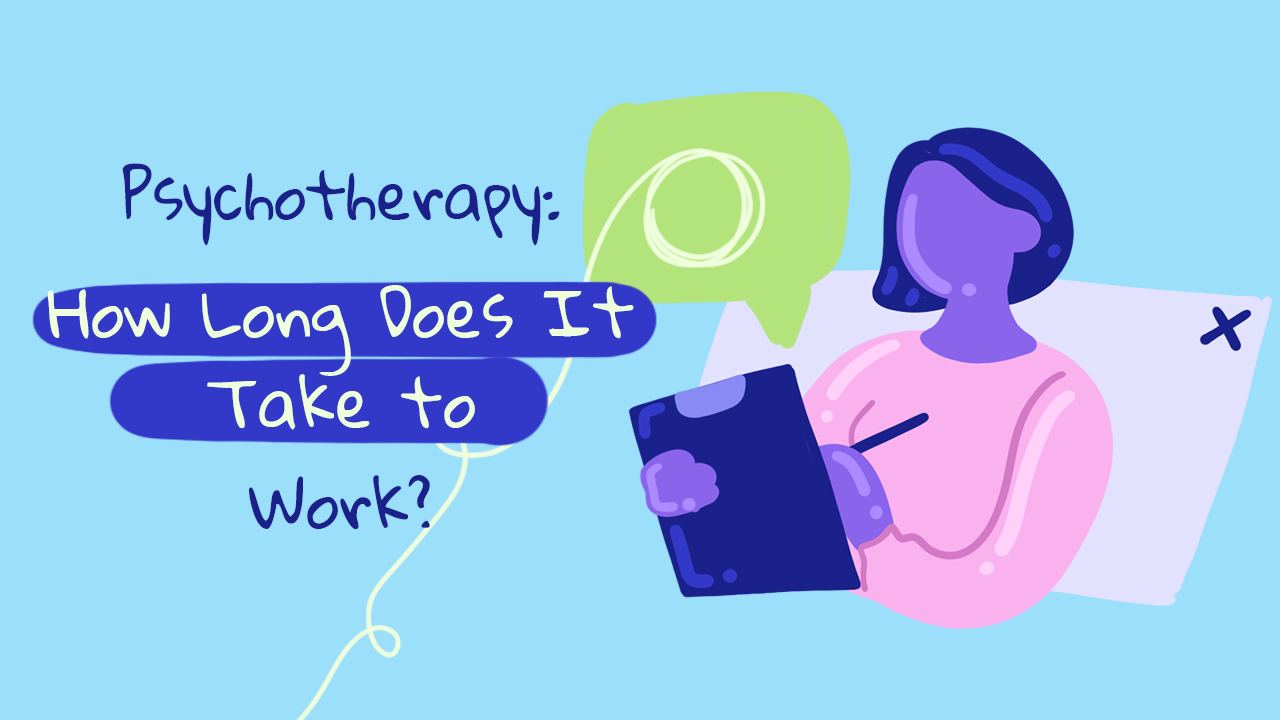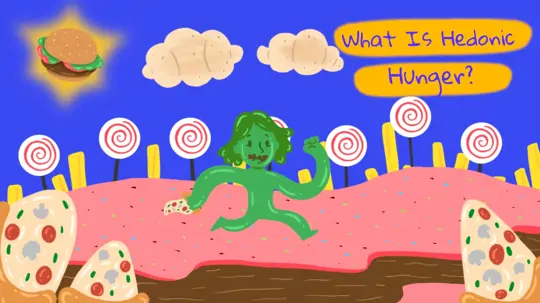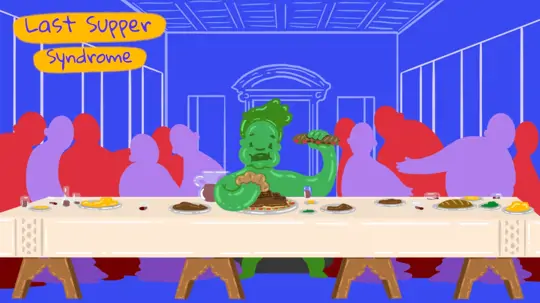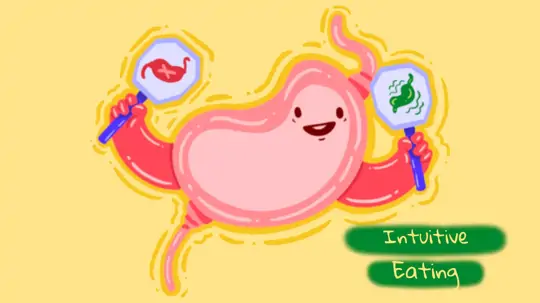
Start feeling better today!
Connect with your therapist today and take control of your life like our 850.000 happy clients.
Get StartedWhat is Psychotherapy?
Psychotherapy is a talk therapy that looks into people's feelings, thoughts, perspectives on life, and beliefs in order to solve problems, improve quality of life, and reduce stress sources. In individual therapy, this process is carried out in collaboration with both the therapist and the client.
Psychotherapy is much more than just a simple conversation. The goal of this process is for clients to become more aware of the situations that make their lives difficult, as well as how they perceive these situations, in order to better understand themselves, what they do and why, and to develop healthier coping styles. During this process, the therapist carefully and nonjudgmentally listens to the client. They form the roadmap to follow in therapy as a result of this process of identifying and understanding the client.
In summary, psychotherapy is a process of self-discovery in which you talk to a mental health professional to better understand your problems, get to know yourself, decide what you want to change in your life, improve your mental health, and maintain your well-being.
In psychotherapy, there is no single therapy method. There are numerous therapeutic approaches. Cognitive behavioral therapy, schema therapy, acceptance and commitment therapy, and psychodynamic therapy are the most commonly used approaches.
Who is a Psychotherapist?
A psychotherapist is a trained and supervised mental health professional who uses any science-based psychotherapy approach. Psychologists and psychiatrists who have received the necessary training can offer psychotherapy.
Who Can Get Psychotherapy?
It is not true that only people suffering from psychological disorders seek psychotherapy. There are no requirements for beginning psychotherapy. Anyone who is not happy with some repetitive cycles in their life, who is experiencing intense stress, who has a psychological disorder affecting their functionality, who is in the process of grieving, or who wants to better understand themselves can begin the psychotherapy process. Everyone's process is distinct and determined by their needs.
How Do I Know If I Need Psychotherapy?
Aside from wanting to get psychotherapy, it is also important to understand why we need to start therapy and why we may need to begin such a process. At this point, knowing yourself and listening to yourself are very valuable. Some of the symptoms that indicate you need therapy are as follows:
- Anxiety Disorder
- Depressive symptoms
- Sleep problems
- A prolonged grieving process
- Eating disorders
- Relationship problems
- Stressful life events
- Difficulty coping with stress
- Anger management issues
- Unresolved problems in a romantic relationship
- Difficulty setting boundaries

If your experiences, thoughts and feelings affect your life negatively, you should ask yourself what you need and what will do you good, and consider starting therapy to feel better.
What are the Benefits of Psychotherapy?
Scientific research has shown that psychotherapy has numerous advantages. Here are a few examples:
- Recognizing and changing dysfunctional thoughts and behaviors
- Improving social relationships
- Being able to cope better with stress and better manage crises
- Getting rid of bad habits and replacing them with healthier ones
- Being able to see life in a more flexible and realistic way
- Increasing self-confidence
- Dealing with strong emotions
- Improving problem-solving skills
How Long Does Psychotherapy Last, and When Does It End?
A typical therapy session lasts 45 to 60 minutes. The needs and circumstances of the client determine the frequency of sessions and the length of therapy.
When the therapy goals have been met, the psychotherapy process is concluded by speaking with the client. The end of the psychotherapy process does not mean that the client's relationship with the psychotherapist is over. Following that, the client can return to the psychotherapist as needed for follow-up sessions.

Can I Get Psychotherapy for Free?
The availability of free or low-cost psychotherapy services remains a major unknown.
There are also places where you can get free psychotherapy. Some municipalities, community mental health centers, if you are a student, your university, state hospitals, training and research hospitals, and university hospitals may offer free psychological counseling.
However, therapists who see clients under supervision can provide psychotherapy at a low cost. In addition, the Hiwell Online Therapy Platform offers low-cost psychotherapy services. Hiwell can help you begin your therapy process at a reasonable cost by matching you with an expert therapist who meets your needs.
Conclusion
In a nutshell, it is a scientific method with numerous benefits that anyone seeking psychotherapy can use when necessary. There are no requirements to begin psychotherapy. It is sufficient if the individual requires this process and wishes to initiate it.
After deciding to begin the psychotherapy process, people can easily and without hesitation ask their psychotherapists questions about the process or the content of the sessions during the welcoming video call or during the sessions, and they can answer any questions they may have.
Sources
- Hollon, S. D., Stewart, M. O., & Strunk, D. (2006). Enduring effects for cognitive behavior therapy in the treatment of depression and anxiety. Annual Review of Psychology, 57, 285–315.
- Foroushani, P. S., Schneider, J., & Assareh, N. (2011). Meta-review of the effectiveness of computerised CBT in treating depression. BMC psychiatry, 11(1), 1-6.
- Dugas, M. J., Ladouceur, R., Léger, E., Freeston, M. H., Langolis, F., Provencher, M. D., & Boisvert, J. M. (2003). Group cognitive-behavioral therapy for generalized anxiety disorder: treatment outcome and long-term follow-up. Journal of consulting and clinical psychology, 71(4), 821.
- Cook, S. C., Schwartz, A. C., & Kaslow, N. J. (2017). Evidence-based psychotherapy: advantages and challenges. Neurotherapeutics, 14(3), 537-545.





